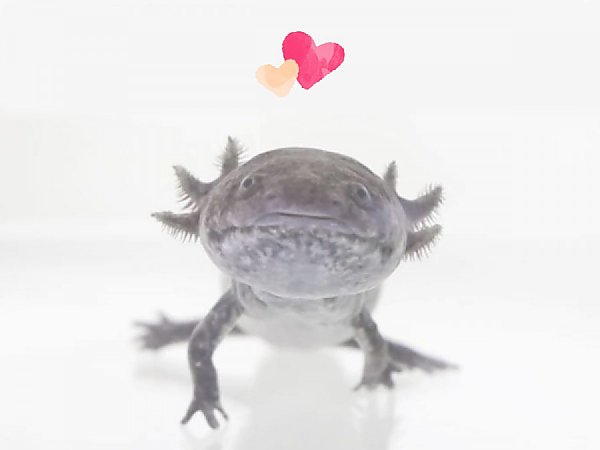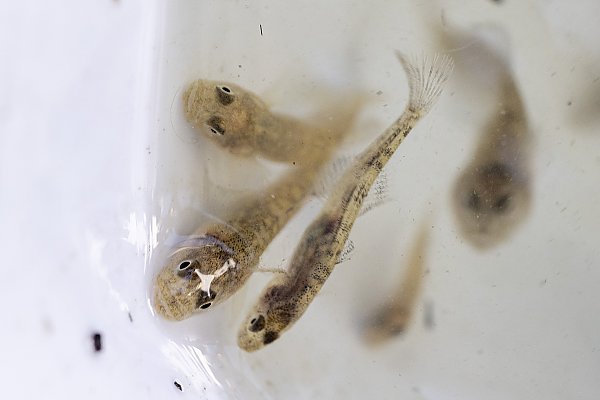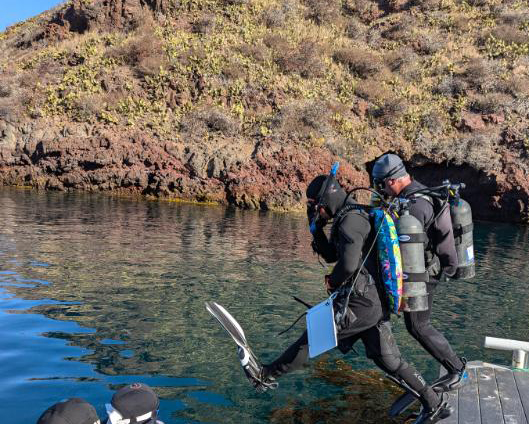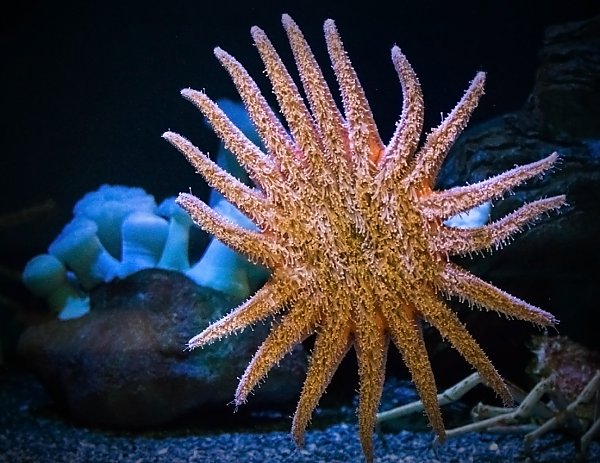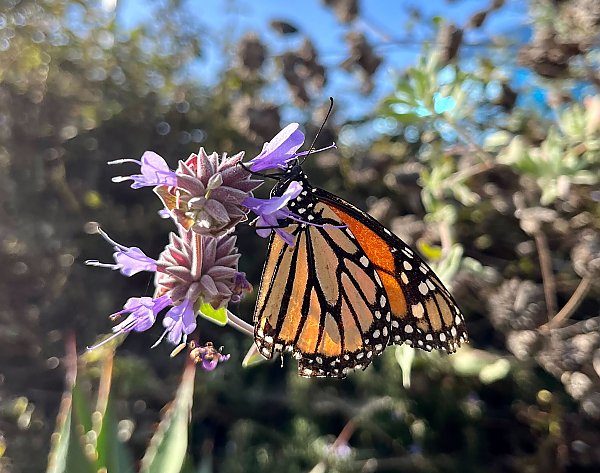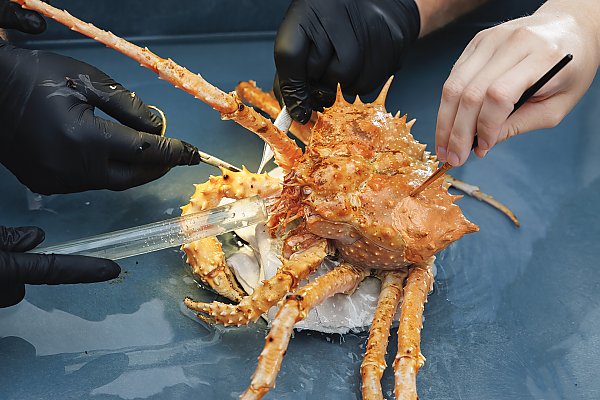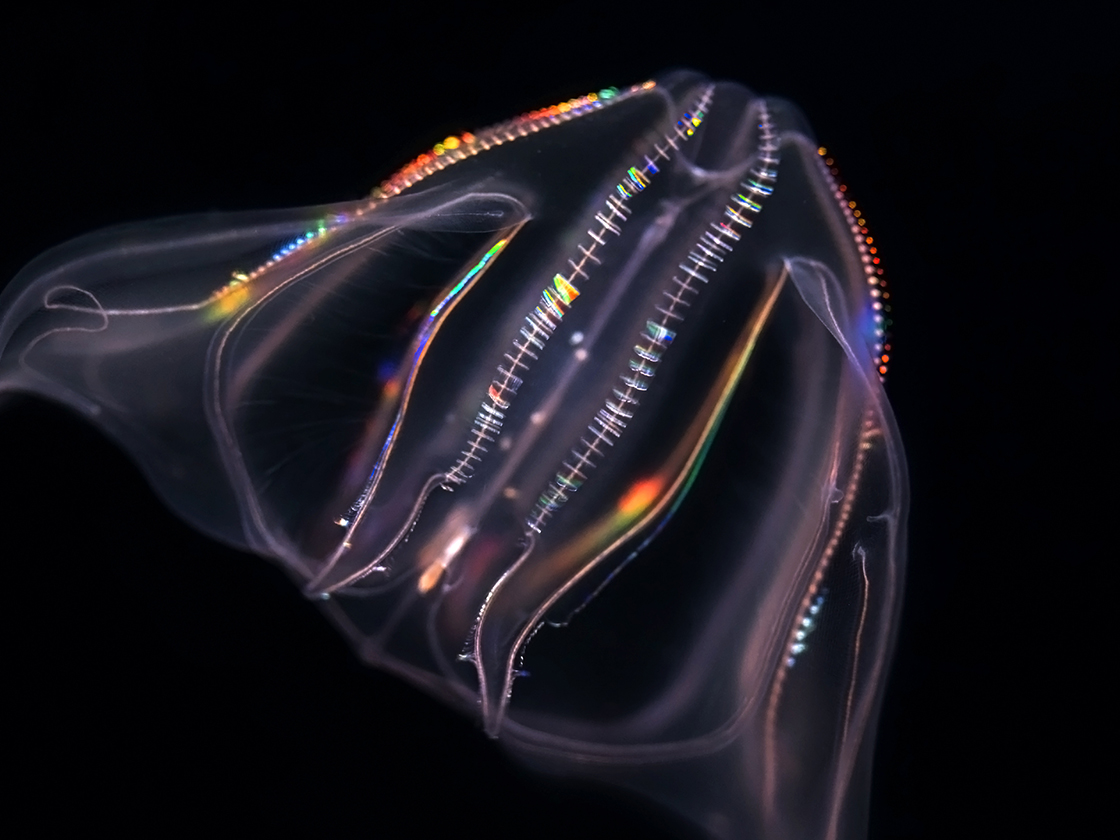September 2, 2016
In the Aquarium’s Vanishing Animals gallery, visitors can learn about the ways human activity is impacting the environment and what we can do to reverse the trend. Humans are changing the planet far faster than life can adapt. Because of this, thousands of terrestrial species have gone extinct in the last few thousand years, and the rate of extinctions is only increasing. Ocean species have not been so heavily impacted, but they will be soon if we don’t take action.
There are several examples of marine species impacted by change throughout the Aquarium. Coral reefs, like the one depicted in the Live Coral exhibit and Tropical Reef Habitat, evolved in some of the world’s warmest environments, but they can’t take more heat. Rising ocean temperatures and changing chemistry are pushing reefs over the edge. We need to tackle climate change now to ensure our oceans stay safe for one of Earth’s most important and vulnerable ecosystems.
Kelp forests were dramatically affected by the rapid decimation of the native sea otter population due to hunting in the early twentieth century. Sea urchin populations exploded in the otters’ absence, resulting in urchin barrens that could support little life compared to the kelp forests they replaced. The protection of otters and the creation of marine protected areas (MPAs) have helped prevent the otter’s extinction. The next step is for us to work harder at rebuilding lost ecosystems. Aquarium visitors can see sea otters in the Northern Pacific Gallery.
MPAs like the habitat represented by the Aquarium’s Honda Blue Cavern have the effect of reducing stresses to ecosystems, helping to dial back some of the damage of recent times. MPAs have been proven to restore healthy ocean environments and help build more profitable and sustainable fishing industries. By supporting MPA development, planning, and enforcement, we can help to slow the rate of change.
Environmental change has been a constant throughout our planet’s history. Today we are changing the planet in dramatic ways, outpacing nature’s ability to adapt. If we want to halt the trend of extinction, we need to slow the rate of change by reducing our reliance on fossil fuels, embracing advances in agriculture and aquaculture, and by planning how best to protect and manage natural areas needed for human uses such as farming, fishing, infrastructure and industry. If we do this, it will lead to a better future for all of us. Biodiverse and resilient ecosystems are essential to all of the Earth’s life, and they are also essential to the health of our economies thanks to the many ecosystem services they provide—everything from healthy soil, to productive fisheries, to biologically derived medicines, to oxygen. Preserving nature and its services is the most important legacy we can provide for future generations.
